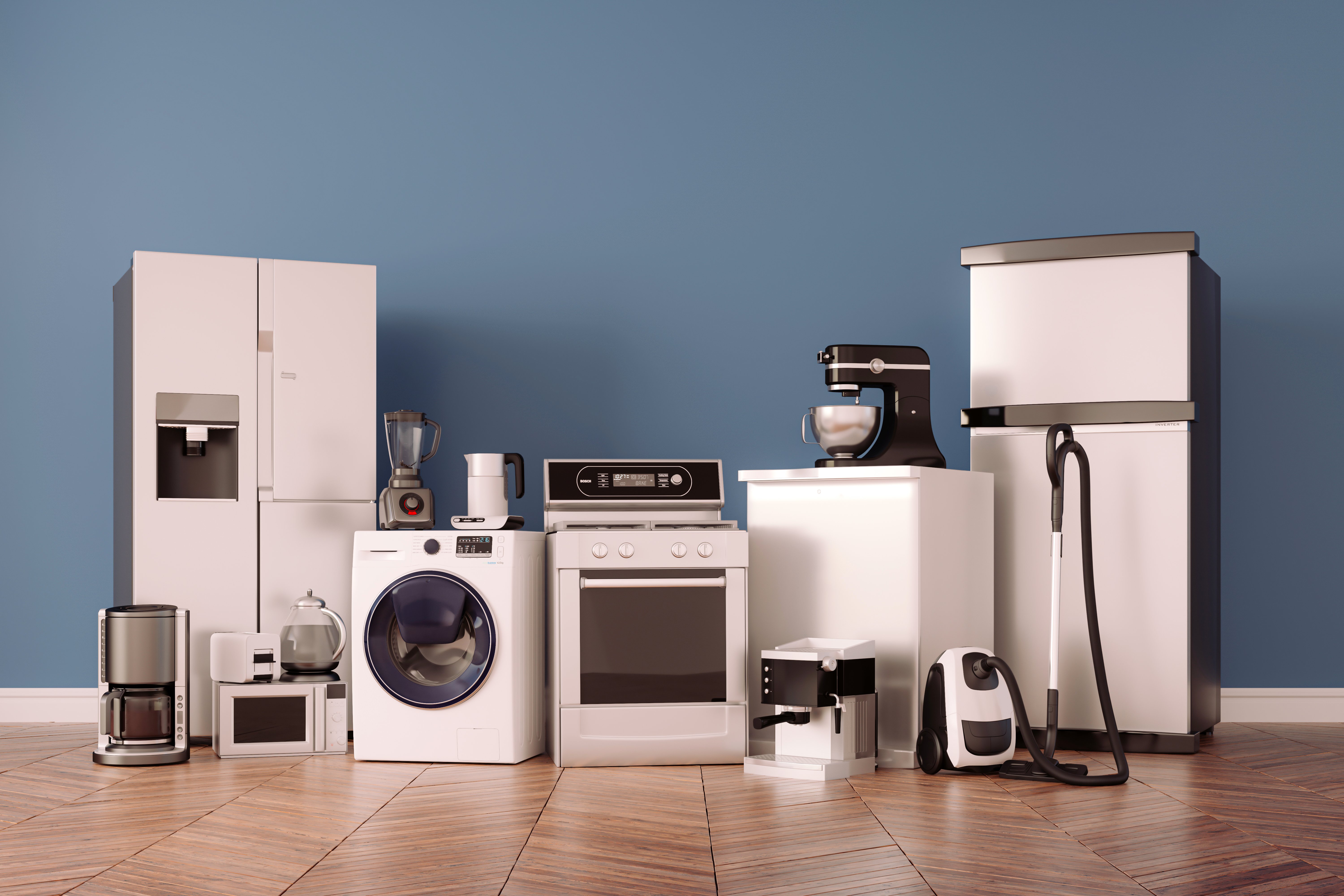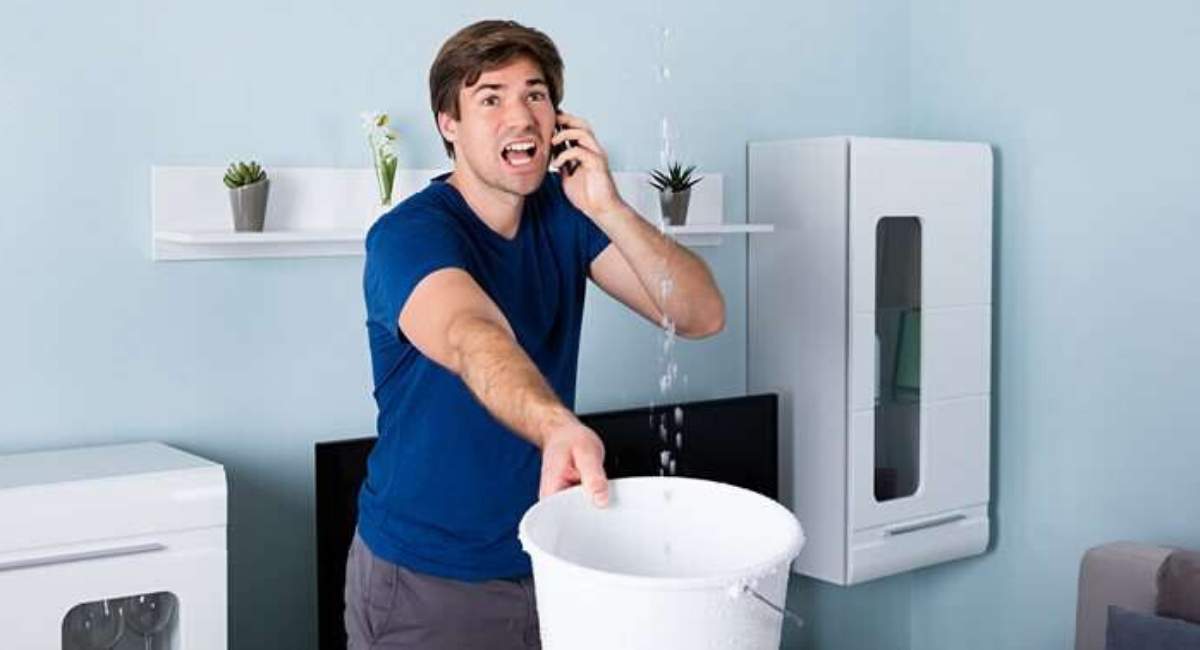Understanding Appliance Warranties: Key Information You Should Grasp
Understanding Appliance Warranties: Key Information You Should Grasp
In our daily routines, appliances have seamlessly integrated themselves, simplifying household tasks and enhancing efficiency. Yet, like any mechanical or electronic device, appliances are prone to breakdowns or malfunctions over time. Such occurrences can be both inconvenient and financially taxing. To safeguard consumers from unexpected repair expenses, many manufacturers offer warranties for their products. In this comprehensive guide, we will delve into the realm of appliance warranties, equipping you with vital insights to facilitate a better comprehension of the following:
- The nature of appliance warranties.
- The prevalent categories of appliance warranties.
- The components or issues encompassed by an appliance warranty.
- The aspects or situations excluded from an appliance warranty.
- The typical duration of appliance warranties.
- The recommended steps when an appliance malfunctions.
Let's embark on this journey of understanding!
Defining an Appliance Warranty
An appliance warranty serves as a formal agreement between the manufacturer and the consumer, extending coverage for repair or replacement costs within a specified time frame following the appliance's purchase. The primary aim of warranties is to provide consumers with peace of mind, assuring them that if their appliance encounters defects due to manufacturing or workmanship issues during the warranty period, the manufacturer will address and rectify the problem without imposing any additional financial burden on the consumer.
Extended warranties of substantial length typically signify the manufacturer's confidence in the appliance's design and durability.
Varieties of Appliance Warranties
There exist two common types of appliance warranties: the manufacturer's warranty and the extended warranty.
Manufacturer's Warranty
Most appliances come accompanied by a manufacturer's warranty, typically spanning a specific duration, such as one year or longer. These warranties typically cover the expenses related to parts and labor required for repairing defects arising under normal usage and conditions. It is imperative to scrutinize and comprehend the terms and conditions since these may vary depending on the appliance type and the manufacturer's policies.
Extended Warranty
Extended warranties, sometimes referred to as service contracts or protection plans, present an additional option for consumers to extend the coverage beyond the manufacturer's warranty period. These warranties may extend the duration of coverage or offer supplementary benefits, such as protection against accidental damage or in-home servicing. Consumers can obtain extended warranties from either the manufacturer or third-party providers.
Inclusions within Appliance Warranties
The scope of coverage provided by appliance warranties can vary, contingent upon the manufacturer and the specific warranty terms. Broadly, warranties encompass defects in materials or workmanship that impede the appliance's performance. This includes issues with integral components such as motors, electronics, and major functional parts. For instance, should your refrigerator cease cooling due to a faulty compressor, a warranty typically accounts for the cost of repairing or replacing the compressor.
However, it is imperative to acknowledge that warranties generally do not extend coverage to damages resulting from accidents, misuse, or neglect on the part of the consumer. Furthermore, some warranties may specify exclusions for particular parts or components, such as consumable items like filters or light bulbs. Therefore, it is of utmost importance to meticulously peruse and fathom the warranty terms to ascertain the specific coverage applicable to your appliance.
Exclusions from Appliance Warranties
Despite their protective intent, appliance warranties have certain limitations that warrant awareness to prevent misunderstandings or disappointments. Common exclusions from warranty coverage encompass:
Normal Wear and Tear: Warranties typically do not encompass the natural wear and tear associated with regular appliance usage, including cosmetic damage or gradual performance degradation. For instance, surface scratches or dents on a dishwasher or a gradual reduction in television screen brightness during an appliance's lifespan may not qualify for warranty coverage.
Improper Installation or Maintenance: Deviating from the manufacturer's installation and maintenance guidelines may lead to the exclusion of warranty coverage for any resulting issues. Hence, adhering to these guidelines is essential to maintain the validity of warranty coverage.
User-Induced Damage: Accidental damage, such as dropping an appliance or liquid spills, generally falls outside the scope of warranty coverage. While some extended warranties may offer protection against accidental damage, it is vital to review the terms and conditions thoroughly. It is prudent to exercise caution and preventive measures to avert accidental damage that could void the warranty.
Unauthorized Repairs or Modifications: Altering an appliance or engaging unauthorized service providers for repairs may invalidate the warranty. Relying on authorized service centers or manufacturer-approved technicians is recommended to preserve warranty validity. Most repair services will indicate if they are authorized to service appliances under warranty. If you're located in Pinellas County, Florida, and seek approved appliance repair services, consider reaching out to Eca Appliance Repair.
Understanding Warranty Duration
The duration of appliance warranties exhibits significant variation. Knowledge of the warranty length before making a purchase is crucial. Some appliances may feature limited warranties covering specific parts or components for a shorter duration, while others may provide comprehensive warranties spanning a more extended period. Warranty durations fall into three main categories:
Parts-Only Warranty: This warranty type covers only select parts or components of the appliance for a defined duration. Understanding which parts are included and their coverage duration is imperative, as other components may remain excluded.
Limited Warranty: A limited warranty extends coverage to the entire appliance for a specified period, typically ranging from one to five years. However, specific limitations or exclusions may apply, underscoring the importance of thorough scrutiny of warranty terms.
Full Warranty: A full warranty offers comprehensive coverage for the entire appliance, encompassing both parts and labor, for a specified timeframe. Although this type of warranty delivers extensive protection, it may be subject to certain conditions or exclusions.
Appreciating the duration of the warranty aids in preparing for potential repairs or replacements in the future. Additionally, it is essential to maintain records of the warranty period and essential documentation, such as purchase receipts or warranty certificates, to streamline the warranty claim process if the need arises.
Addressing Appliance Malfunctions
In the event of an appliance malfunction or breakdown within the warranty period, adherence to the manufacturer's warranty process is imperative. Typically, this entails reaching out to the manufacturer or their authorized service center to report the issue. They will guide you through the necessary steps for resolution, which may encompass repair or replacement of the faulty component or appliance as a whole.
Here are the general steps to follow when your appliance malfunctions:
Review the Warranty
Examine the warranty documentation to confirm that the issue falls within the scope of coverage. Verify the warranty duration, covered components, and any specific instructions provided by the manufacturer.
Contact the Manufacturer
Initiate contact with the manufacturer's customer service or the authorized service center to report the problem. Furnish them with comprehensive information about the issue, including symptoms, displayed error codes, or any unusual noises.
Arrange for Service
Depending on the warranty terms, the manufacturer may dispatch a technician to inspect and repair the appliance or direct you to an authorized service center. Adhere to their instructions to schedule service in accordance with the warranty guidelines.
Maintain Records
Maintain meticulous records of all communications, including dates, names of customer service representatives, and any service reports or invoices. These records hold significance in case of disputes or subsequent issues.
Follow-Up
If the repair process extends beyond expectations or if any complications arise, do not hesitate to follow up with the manufacturer. Effective communication can aid in resolving concerns and ensuring a seamless warranty claim process.
Restoring Your Appliance to Working Order
Appliance warranties furnish consumers with invaluable protection, instilling peace of mind in scenarios where manufacturing defects or workmanship issues impact their appliances. A comprehensive grasp of the terms and conditions governing appliance warranties equips consumers to make informed decisions when procuring new appliances and navigate warranty coverage effectively. By understanding what falls within the scope of coverage, what lies beyond it, and the duration of the warranty, consumers can take prudent steps to address appliance malfunctions while safeguarding their rights.
Should your appliance require servicing, our team of professionals at Eca Appliance Repair eagerly awaits your call and stands ready to address any issues. We cater to all major appliance brands and can handle repairs for appliances still under warranty. Moreover, if your appliance is older or outside the warranty period, we can extend our expertise to cover those as well.








